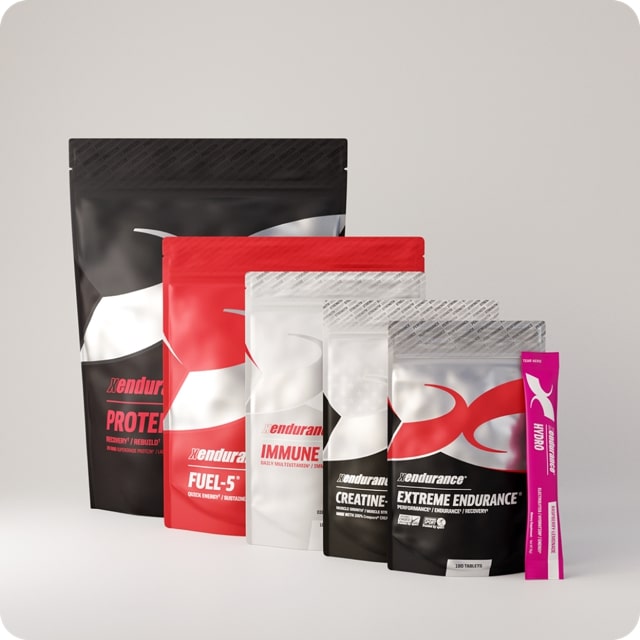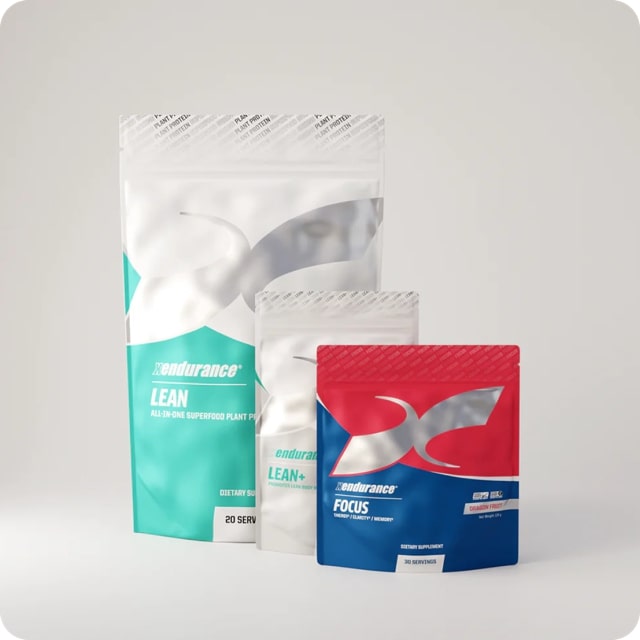Breast cancer is a pervasive reality in our society, touching the lives of countless individuals and their loved ones. It's a disease that transcends boundaries, affecting people of all ages, backgrounds, and walks of life. It's not uncommon to know someone—whether a family member, friend, colleague, or acquaintance—who has faced the challenges of a breast cancer diagnosis. The prevalence of breast cancer and the frequency with which we encounter stories of those impacted by it underscore the importance of staying informed about advancements in treatment and research. Each new study or treatment development brings hope and awareness, reminding us of the ongoing fight against this disease and the collective effort needed to support those affected by it.
New Study Reveals Link: Phytonutrients Combat Breast Cancer
In the realm of cancer prevention and management, researchers continually strive to uncover natural compounds that can complement medical treatments and improve outcomes. Recent data analysis published in JNCI Cancer Spectrum sheds light on the potential of phytonutrients found in green tea, cruciferous vegetables, and soy products in reducing the risk of breast cancer recurrence and mortality. Led by Dr. Channing Paller, this research underscores the significance of dietary interventions in the holistic approach to breast cancer care. However, it's crucial to emphasize that these findings do not replace conventional medical treatments but rather offer a promising adjunctive strategy. The benefits of drinking green tea, along with consuming cruciferous veggies, provide a natural way to support overall health.
Understanding Phytonutrients
Phytonutrients, also known as phytochemicals, are essential components found abundantly in nature's bounty, particularly in plants. These bioactive compounds, with their diverse roles in plant biology, serve as nature's defense system against environmental stressors and predators. However, their benefits extend far beyond the plant kingdom, as they offer a treasure trove of health-promoting properties when incorporated into the human diet.
Green tea, esteemed for centuries in traditional medicine, boasts a rich reservoir of phytonutrients, including the potent catechin EGCG. Similarly, cruciferous vegetables like broccoli, kale, and Brussels sprouts are renowned for their sulforaphane content, a compound lauded for its anticancer potential. Complementing these are soy products, which contain isoflavones known for their estrogenic effects and potential to modulate hormone-related cancers. The combination of soy and breast cancer research highlights the potential role of diet in cancer management. Through their antioxidant, anti-inflammatory, and anticancer activities, phytonutrients offer a compelling avenue for reducing the risk of chronic diseases, with a particular focus on cancer prevention and management.
The Link Between Phytonutrients and Breast Cancer
Breast cancer is one of the most prevalent cancers globally, and recurrence remains a significant concern even after successful treatment. The research analyzed by Dr. Paller suggests that incorporating green tea, cruciferous vegetables, and soy products into the diet may help reduce the risk of breast cancer recurrence and mortality. These foods contain specific phytonutrients, such as epigallocatechin gallate (EGCG) in green tea, sulforaphane in cruciferous vegetables, and isoflavones in soy, which exhibit promising anticancer properties.
Exploring the Mechanisms
The mechanisms through which phytonutrients exert their anticancer effects are multifaceted. EGCG, the predominant catechin in green tea, has been shown to inhibit cancer cell proliferation, induce apoptosis (programmed cell death), and inhibit tumor angiogenesis and metastasis. Similarly, sulforaphane derived from cruciferous vegetables modulates multiple signaling pathways involved in cancer development and progression, including inflammation and detoxification pathways. Isoflavones found in soy products may exert estrogenic or antiestrogenic effects, potentially impacting hormone receptor-positive breast cancer.
Clinical Evidence and Data Analysis
The data analyzed by Dr. Paller and her team comprised studies involving women who had undergone medical and/or surgical treatment for breast cancer. By examining dietary patterns and phytonutrient intake, researchers observed a significant association between higher consumption of green tea, cruciferous vegetables, and soy products and reduced risk of breast cancer recurrence and mortality. These findings underscore the potential role of diet in long-term survivorship and highlight the importance of incorporating phytonutrient-rich foods into post-treatment dietary strategies.
Practical Recommendations
While the findings are promising, it's essential to approach dietary interventions as complementary rather than alternative to conventional breast cancer treatment. Dr. Paller emphasizes that phytonutrient-rich foods should be integrated into a balanced diet alongside medical recommendations. Incorporating green tea as a beverage or supplement, increasing the intake of cruciferous vegetables in meals, and incorporating soy products like tofu and edamame can be simple yet impactful dietary modifications. These foods that fight cancer can play a supportive role in maintaining health and reducing the risk of breast cancer recurrence.
Exploring 12 Essential Phytonutrients for Optimal Health

-
Epigallocatechin gallate (EGCG) - Found in green tea, EGCG is a potent antioxidant known for its anticancer properties.
-
Sulforaphane - Abundant in cruciferous vegetables such as broccoli, kale, and Brussels sprouts, sulforaphane exhibits powerful anti-inflammatory and anticancer effects.
-
Quercetin - Found in various fruits, vegetables, and grains, quercetin is known for its antioxidant and anti-inflammatory properties.
-
Lycopene - Present in tomatoes, watermelon, and pink grapefruit, lycopene is a carotenoid with antioxidant properties that may help reduce the risk of certain cancers.
-
Curcumin - Derived from turmeric, curcumin is renowned for its potent anti-inflammatory and antioxidant effects.
-
Resveratrol - Found in grapes, red wine, and peanuts, resveratrol is associated with various health benefits, including cardiovascular protection and potential anticancer properties.
-
Anthocyanins - Found in berries, red cabbage, and purple grapes, anthocyanins are potent antioxidants that may help protect against oxidative stress and inflammation.
-
Allicin - Present in garlic and other members of the allium family, allicin exhibits antibacterial, antiviral, and potentially anticancer properties.
-
Genistein - Found in soy products, genistein is an isoflavone with estrogenic effects that may help reduce the risk of hormone-related cancers.
-
Capsaicin - Found in chili peppers, capsaicin is known for its analgesic properties and potential role in metabolism and cancer prevention.
-
Ellagic acid - Found in berries, pomegranates, and nuts, ellagic acid exhibits antioxidant and anticancer properties.
-
Beta-carotene - Found in carrots, sweet potatoes, and leafy greens, beta-carotene is a precursor to vitamin A and is known for its antioxidant properties, supporting immune function and skin health.
Challenges and Considerations
Despite the growing body of evidence supporting the role of phytonutrients in breast cancer management, challenges exist in translating research findings into practical recommendations. Variability in individual responses, dietary preferences, and access to fresh produce may influence the feasibility and effectiveness of dietary interventions. Additionally, further research is warranted to elucidate optimal dosages, timing, and synergistic effects of phytonutrients in combination with standard treatments.
Embracing Phytonutrients in the Fight Against Breast Cancer
The integration of phytonutrient-rich foods such as green tea, cruciferous vegetables, and soy products into the diet offers a promising avenue for reducing the risk of breast cancer recurrence and mortality. While these findings provide valuable insights into the potential benefits of dietary interventions, it's essential to underscore that they should not replace conventional medical treatments. Dr. Paller's research underscores the importance of adopting a holistic approach to breast cancer care, wherein dietary modifications complement medical interventions to enhance long-term survivorship and overall well-being. As we continue to unravel the complexities of cancer biology, harnessing the power of nature's pharmacy through phytonutrients holds tremendous promise in the fight against breast cancer recurrence.










Leave a comment
This site is protected by hCaptcha and the hCaptcha Privacy Policy and Terms of Service apply.